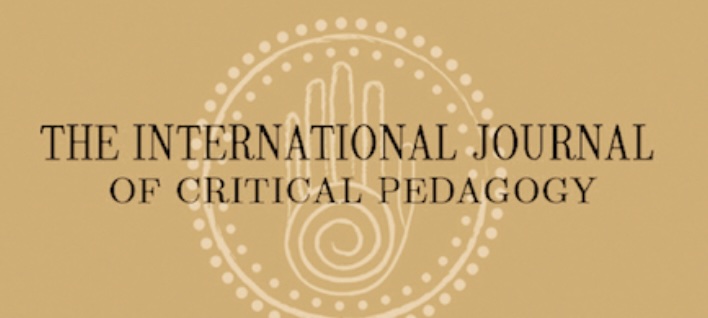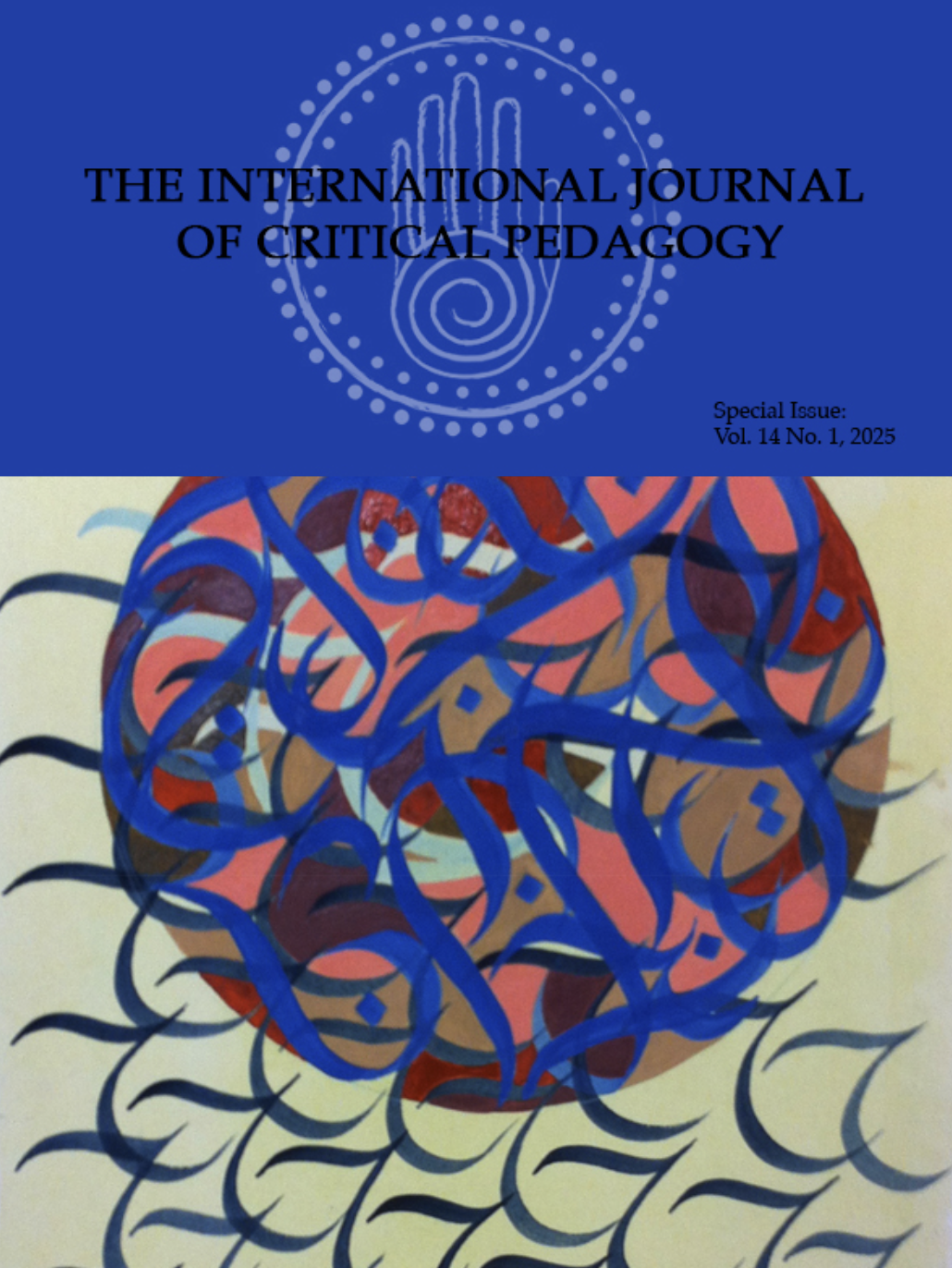Abstract
This study was conducted to develop a practical framework for applying the theory of emancipatory or liberatory pedagogy in educational policy and practice. For this purpose, after a brief review on the evolutionary process of emancipatory pedagogy in education, the theoretical literature that explicates, describes, and discusses emancipatory pedagogy was reviewed and some important aspects related to practice, such as its practical possibility, educational aims, principles, and its orientation to curriculum was deducted. Based on the literature review, Emancipatory approach to education that heavily represented in the works of Paulo Freire, Ira Shore, Henry Giroux and Peter McLaren, is an innovative approach in education which has been successful in practice. Emancipatory pedagogy is founded on the notion that education should play a role in creating a just and democratic society. The main educational aims of this approach are manifestation of humanization, critical conscientization, and establishing a problem-posing education system. Emancipatory pedagogy has its main function the revelation of tacit values that underlie the enterprise and empowering students and teachers through overthrow the barriers between teachers and students, and invite them to critically analyze the political and social issues as well as the consequences of social inequity. This requires a negotiated curriculum based on true dialogue that values social interaction, collaboration, authentic democracy, and self-actualization towards making fundamental changes both individually and socially.
Keywords: Emancipatory Pedagogy, Critical Pedagogy, Liberatory Pedagogy.
How to Cite:
Nouri, A. & Sajjadi, S., (2014) “Emancipatory Pedagogy in Practice: Aims, Principles and Curriculum Orientation.”, International Journal of Critical Pedagogy 5(2).
Downloads:
Download PDF
View PDF

